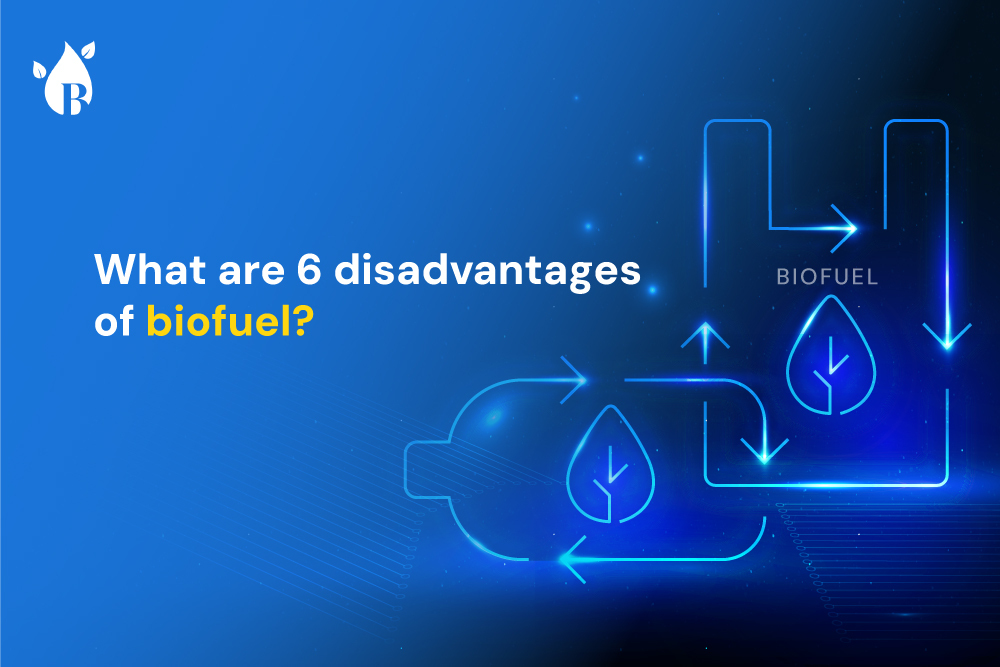
Land Use Issues
One significant drawback of biofuels revolves around land use. Cultivating crops for biofuel often requires large areas of land, leading to concerns like deforestation and habitat destruction. This shift can also harm the environment, causing soil erosion, biodiversity loss, and water pollution.
High Cost
Producing biofuels requires substantial investment in infrastructure and technology. Converting biomass into fuel is complex and expensive, influenced by factors such as weather and crop yields. As a result, biofuels tend to be more expensive than traditional fossil fuels, limiting access for consumers.
Biofuel crops competing with food crops for land and water raises concerns about food security. This competition can drive up food prices and lead to shortages, particularly in developing countries dependent on agriculture.
Biofuel production demands significant energy, water, fertilizer, and pesticides. Ironically, reliance on fossil fuels in this process can offset environmental benefits, contributing to pollution that harms both human health and ecosystems.
Despite their potential, biofuels aren’t widely available due to the need for infrastructure investment. This limits their practicality as an alternative to fossil fuels for many communities.
While biofuels are praised for reducing greenhouse gas emissions, their production and use can sometimes increase emissions. Biofuels sourced from previously forested land or converted land may inadvertently raise emissions. Additionally, their adoption can trigger indirect land-use changes, releasing carbon stored in soil and vegetation.
Frequently Asked Questions
Why Change From Conventional Fuels to Biofuels?
What is Biofuel? Give Examples.
Biofuel is fuel derived from renewable sources like crops and waste. Examples include bioethanol, biodiesel, and –.
Are Biofuels Expensive to Produce?
Yes, biofuel production requires significant investment in infrastructure and technology, making it expensive compared to traditional fossil fuel production.



